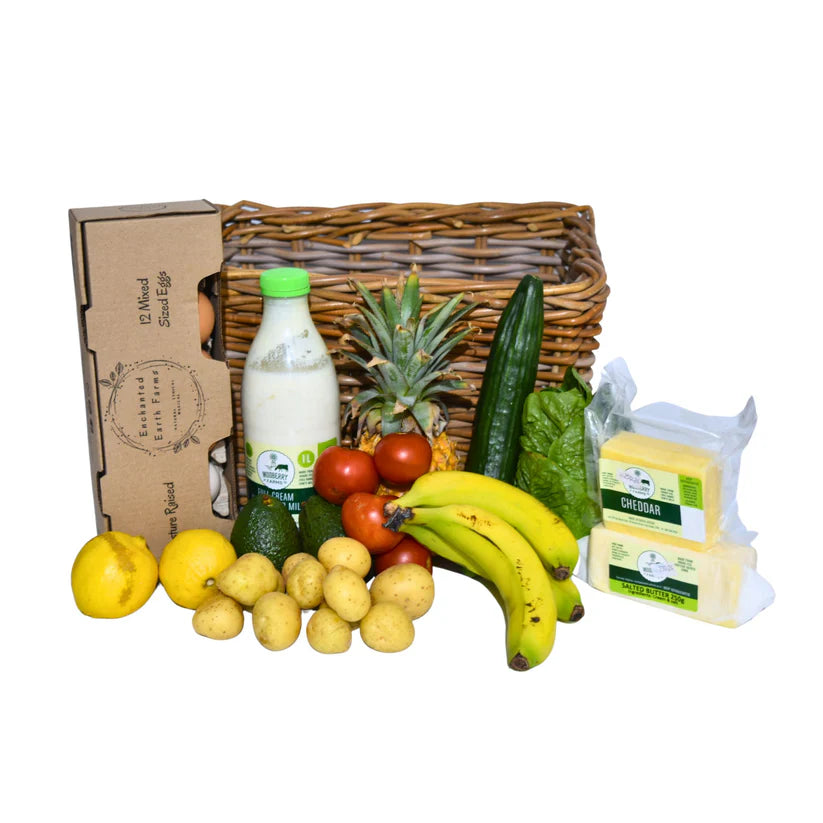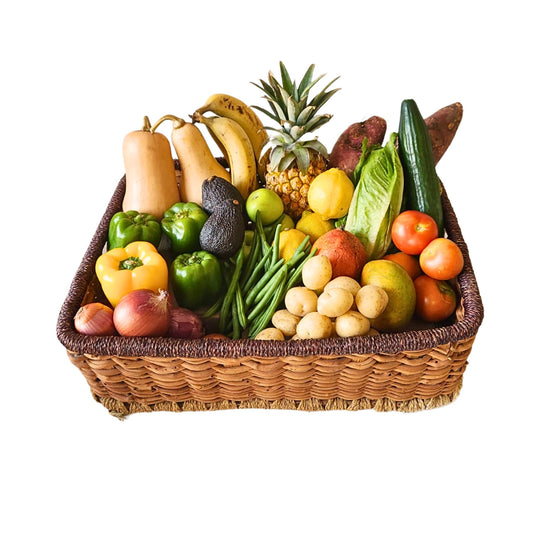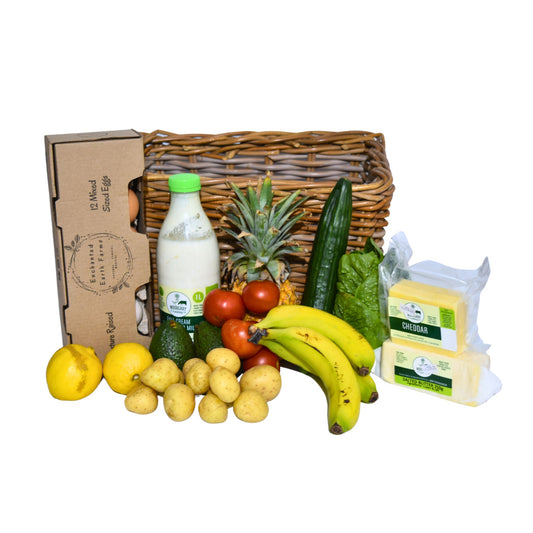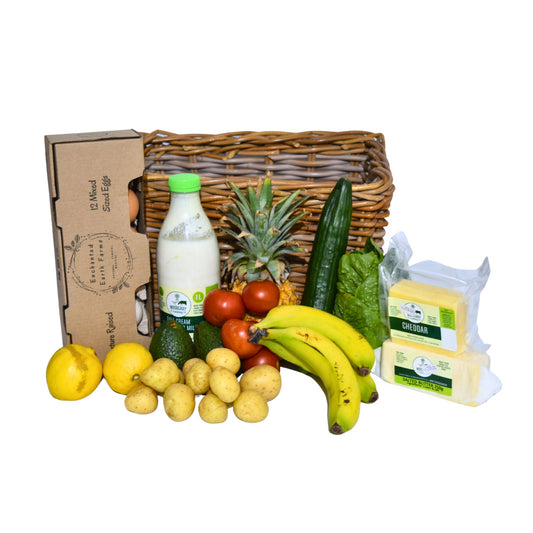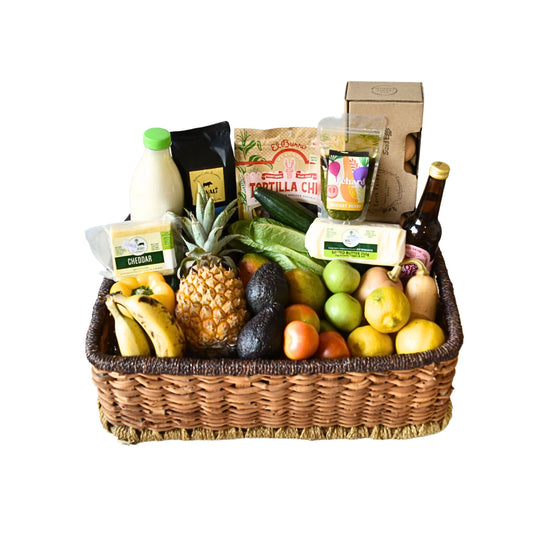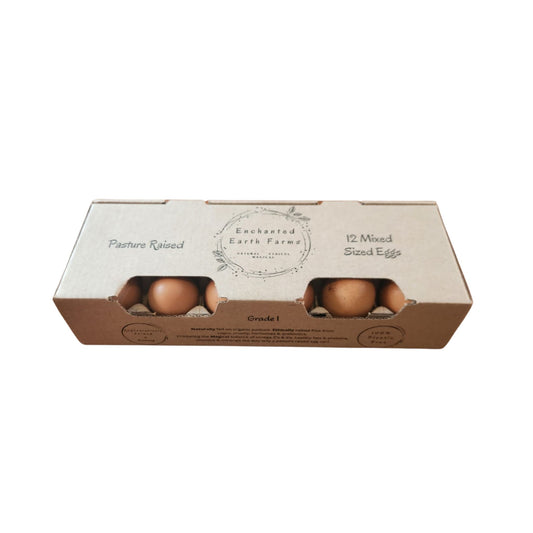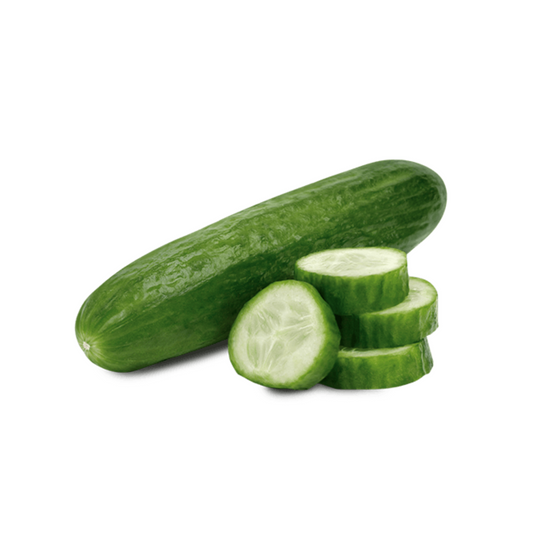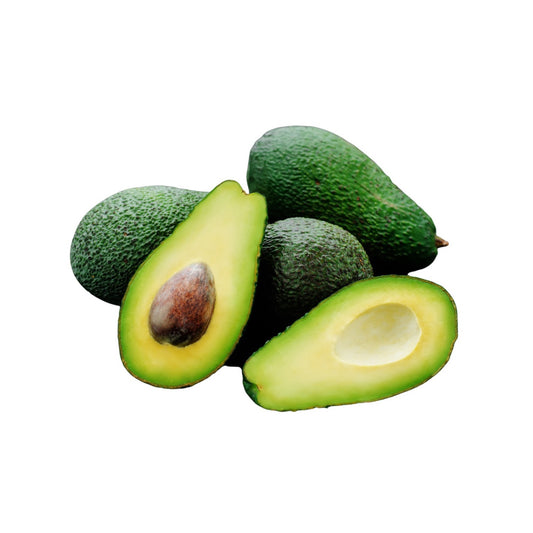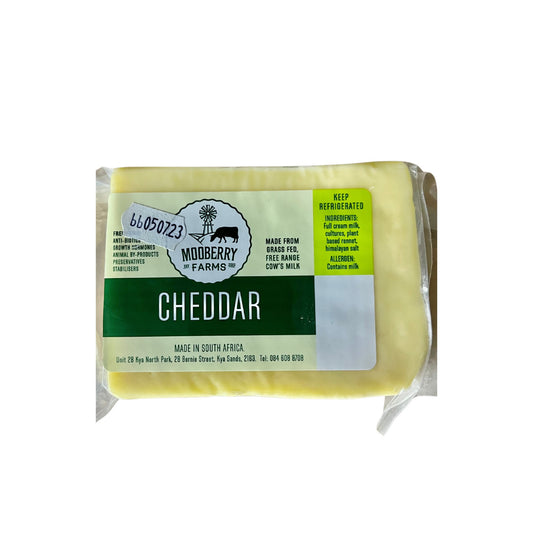Article Summary:
-
Regenerative agriculture restores soil, biodiversity, and ecosystems.
-
It produces more nutritious, chemical-free food using natural farming methods.
-
Supporting regenerative farms helps heal the planet and your health.
Grow food, heal the earth
In a world focused on "sustainability," regenerative agriculture goes a step further—it doesn’t just maintain, it restores. It rebuilds what industrial farming broke. It works with nature, not against it. And most importantly, it grows food that’s richer in nutrients, flavour, and care. At Orchard Food, we believe in supporting regenerative farms because the future of our food—and our health—depends on more than just avoiding harm. It depends on actively doing better.
Restoring soil, naturally
At the heart of regenerative agriculture is one key ingredient: healthy soil. Unlike conventional farming that strips soil of nutrients through overuse and chemicals, regenerative farming focuses on giving back. Techniques like cover cropping, composting, minimal tilling, and crop rotation help enrich the soil, allowing it to retain more nutrients, store carbon, and support long-term growth. Healthy soil leads to stronger plants, more resilient crops, and food that’s packed with goodness.
No chemicals, no shortcuts—just natural balance
Regenerative farming avoids synthetic fertilizers, herbicides, and pesticides, instead relying on nature to do what it’s always done best. Companion planting, integrated pest management, and natural composting all play a role in keeping crops healthy. This results in produce that’s cleaner, safer to eat, and better for our water, air, and ecosystems. When you choose organic produce from regenerative farms, you’re not just avoiding harmful additives—you’re supporting a cleaner future for farming.
More nutrients, better flavour, stronger plants
Studies show that crops grown in nutrient-rich soil often contain more vitamins, antioxidants, and minerals than those grown conventionally. Regeneratively grown food isn’t just better for the planet—it’s better for your body. It tastes fuller, keeps longer, and delivers more of the essential building blocks your body needs. When you bite into a regeneratively grown apple or beetroot, you can taste the difference—and feel it too.
Biodiversity
Regenerative agriculture promotes biodiversity above and below the soil. By planting a variety of crops, rotating fields, and allowing livestock to graze in natural cycles, these farms create habitats for pollinators, insects, and beneficial microbes. Biodiversity isn’t just about wildflowers and bees—it’s what keeps pests in check, plants healthy, and ecosystems thriving. Supporting regenerative farms means supporting an entire network of life that makes better food possible.
Why it matters
Regenerative agriculture isn’t just a farming method—it’s a movement. One that values the health of the land as much as the food it produces. It’s a way to fight climate change, rebuild broken food systems, and feed people without compromising future generations. By shopping at Orchard Food, you’re casting a vote for farmers who care—who treat their land with respect and bring you produce that reflects that care. It’s a small choice with a big impact.
Grow more than food
Regenerative agriculture is about growing food that feeds people and the planet. It’s about nourishing the land, preserving the future, and creating a food system we can all feel good about. At Orchard Food, we’re proud to support local regenerative farmers who go beyond organic—who restore what’s been lost and grow what really matters. When you buy their produce, you’re not just filling a basket. You’re part of something regenerative. Something real.


